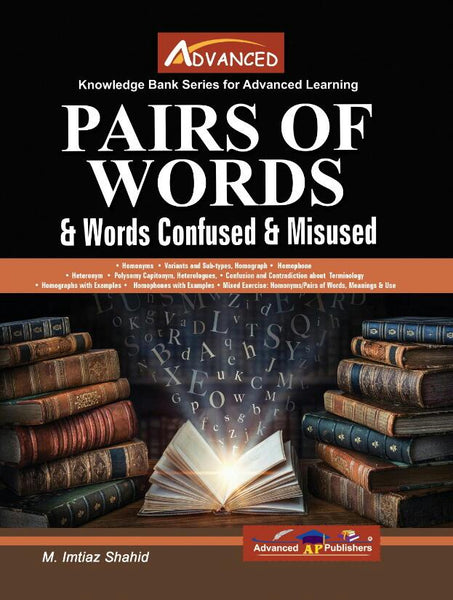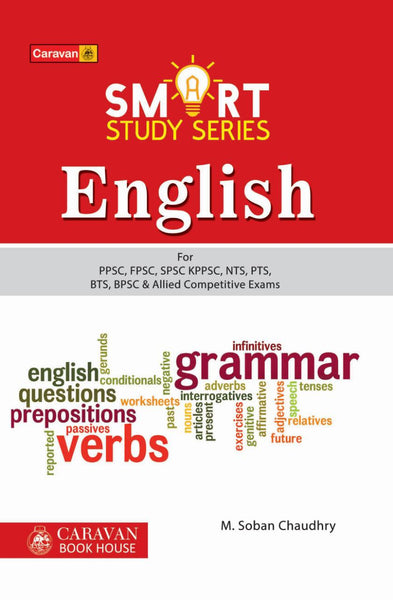The Sun Also Rises by Ernest Hemingway – Kitab Mahal
- Publisher: Kitab Mahal (Pvt) Ltd , KM
- Availability: In Stock
- SKU: 55908
Rs.265.00
Rs.330.00
Tags: Brett Ashley , BS , Critical Studies , disillusionment after World War I , emotional numbness , English , English fiction , Ernest Hemingway , existential crisis , expatriates , fractured identities , Hemingway style , Hemingway’s masterpieces , human fragility , Iceberg Theory , identity , Jake Barnes , Kitab Mahal , Kitab Mahal (Pvt) Ltd , KM , literary minimalism , Lost Generation , masculinity , modern American literature , modernism , Paris , post-war disillusionment , psychological depth , search for meaning , Text , The Sun Also Rises , unspoken tension , Urdu Tarjama , war injury symbolism , war’s impact on society , With Urdu Translation
The Sun Also Rises, published in 1926, is Ernest Hemingway’s first major novel and is considered one of his masterpieces. Set in the post-World War I era, the novel follows a group of expatriates living in Europe, primarily focusing on their disillusionment, emotional turmoil, and quest for meaning in a world that has been forever changed by war. The protagonist, Jake Barnes, is a journalist who struggles with his identity, masculinity, and the effects of the war. Through themes of loss, disillusionment, and the search for personal redemption, Hemingway crafts a narrative that explores the "Lost Generation" and the moral and emotional fragmentation that accompanied the aftermath of the Great War.
Key Points
-
The Lost Generation
The term "Lost Generation" refers to a group of American writers, including Hemingway, who came of age during World War I. In The Sun Also Rises, the characters embody the disillusionment and moral uncertainty felt by many after the war. They are aimless, disconnected, and searching for meaning in a society that seems to have lost its values. -
Disillusionment and Post-War Trauma
The novel’s characters, particularly Jake Barnes, are all affected by the trauma of the war. Jake's physical wound, which leaves him impotent, serves as a metaphor for the psychological scars the war has left on him and his generation. The characters' emotional numbness and difficulty connecting to one another reflect the broader post-war sense of disillusionment. -
Masculinity and Identity
A key theme in The Sun Also Rises is the exploration of masculinity. Jake Barnes' impotence symbolizes the loss of traditional masculine roles in the aftermath of the war. His relationships with women, particularly his love for Brett Ashley, who is unable to fully love him due to his injury, delve into the complexities of masculinity, sexual identity, and emotional vulnerability in a post-war world. -
The Search for Meaning
The characters in The Sun Also Rises are in a constant search for meaning in a world that seems devoid of purpose. Their attempts to find fulfillment through excess, travel, and indulgence in hedonistic pleasures are ultimately hollow. This search reflects the existential crisis faced by a generation struggling to find direction after the war. -
Hemingway's "Iceberg Theory"
Hemingway’s writing style, characterized by brevity and understatement, is evident in The Sun Also Rises. The "Iceberg Theory" suggests that the majority of the meaning in a story exists beneath the surface, and Hemingway’s sparse prose leaves much unsaid, allowing readers to infer deeper layers of meaning. The story’s emotional and psychological complexities are conveyed through subtle dialogue, minimal description, and unspoken tension.
Conclusion
The Sun Also Rises is a powerful exploration of the post-World War I generation’s search for meaning in a fractured world. Through vivid characters and sparse prose, Hemingway captures the disillusionment, existential crises, and fractured identities of his time. The novel’s themes of loss, emotional numbness, and the pursuit of meaning are timeless, reflecting the broader struggles of humanity in the face of trauma and disillusionment. Its influence on modern literature, particularly in shaping the minimalist writing style, is immense, making it an essential text for understanding the legacy of Hemingway’s work and the Lost Generation.
════ ⋆★⋆ ═══
Writer ✤ Ernest Hemingway
Publishers ✤ Kitab Mahal (Pvt) Ltd , KM


























 English
English اردو
اردو